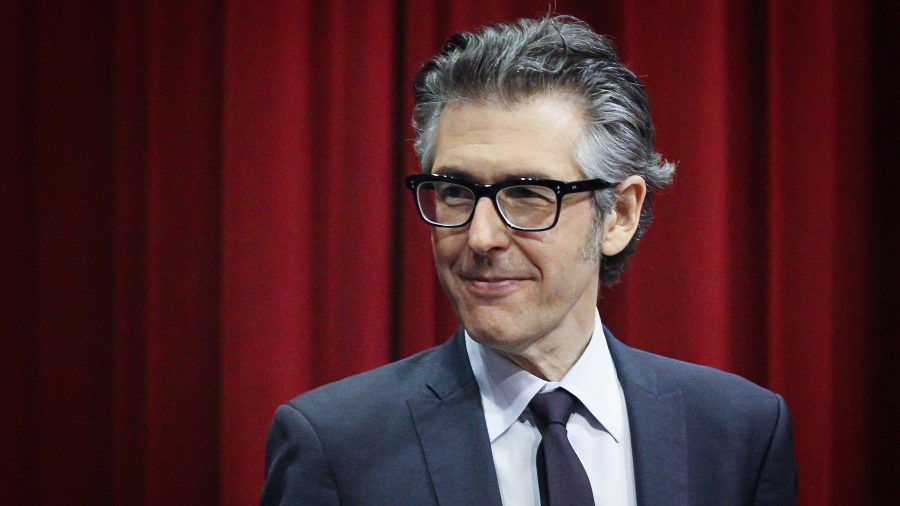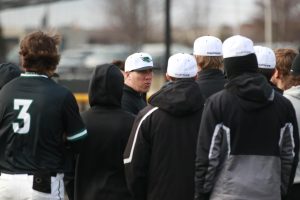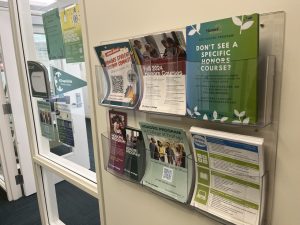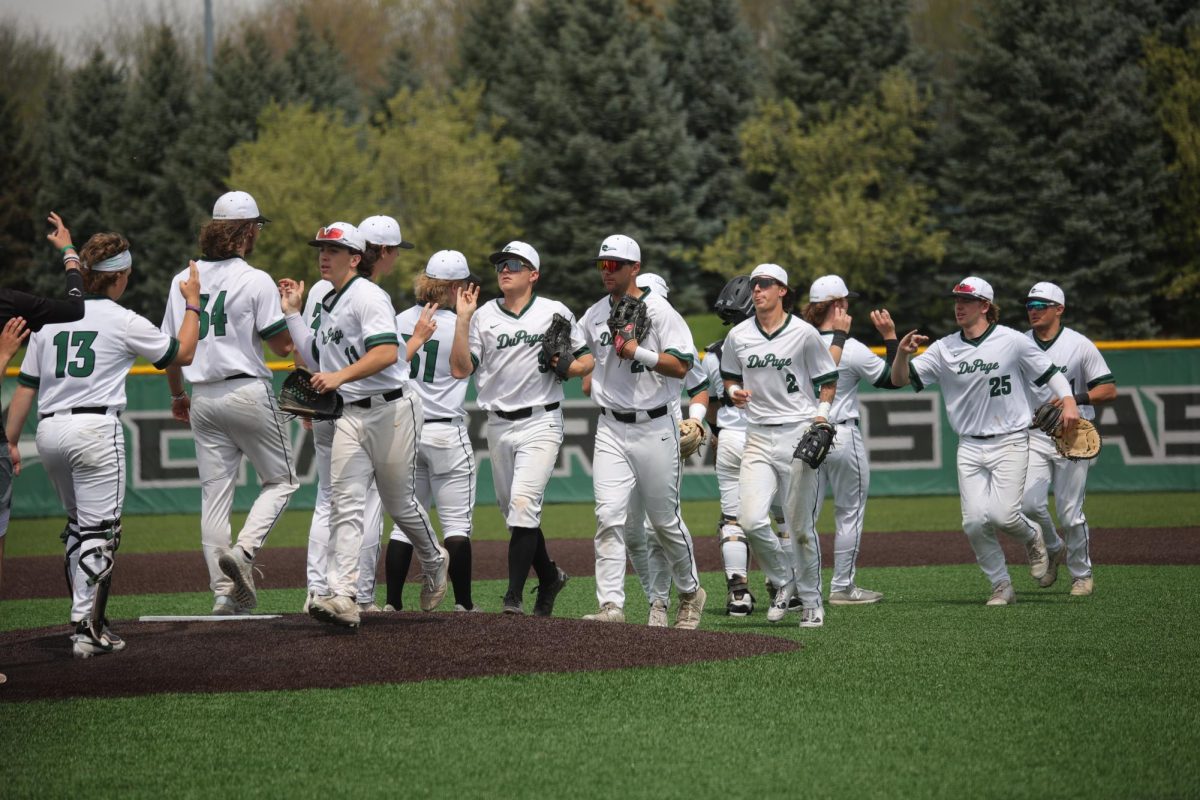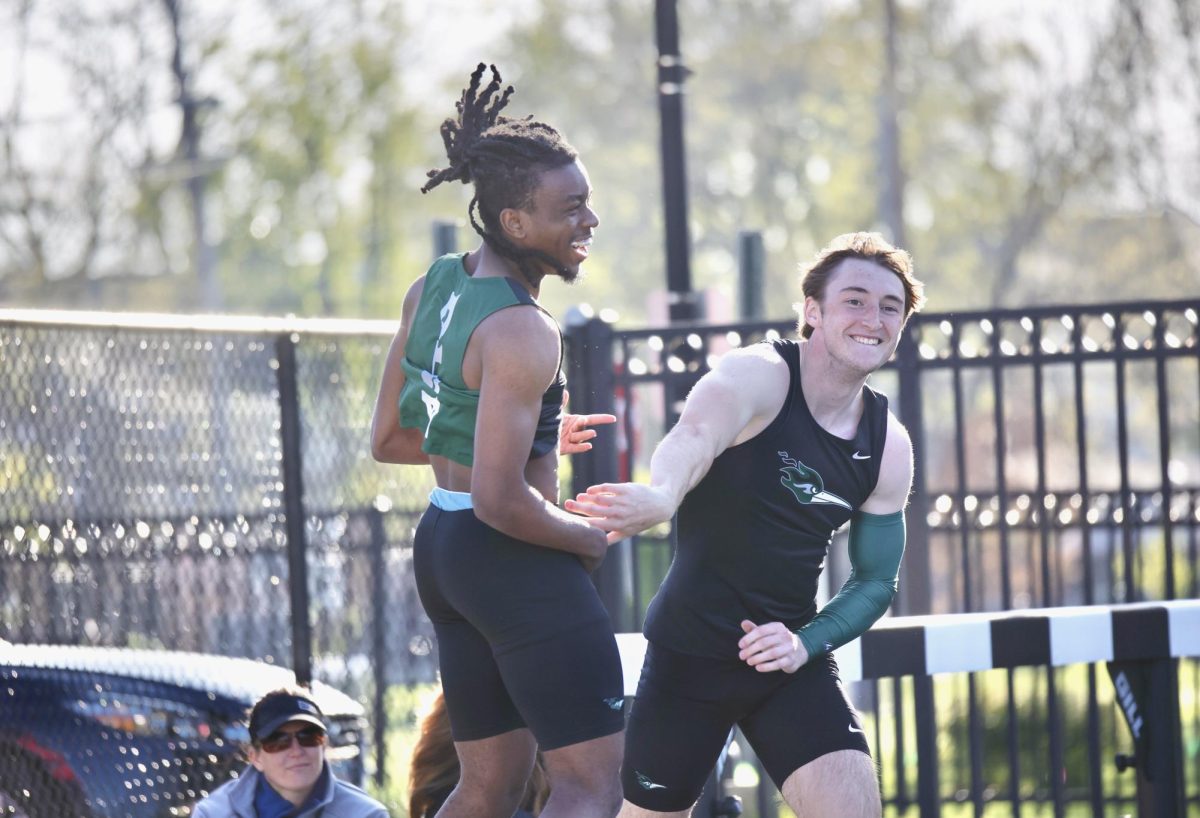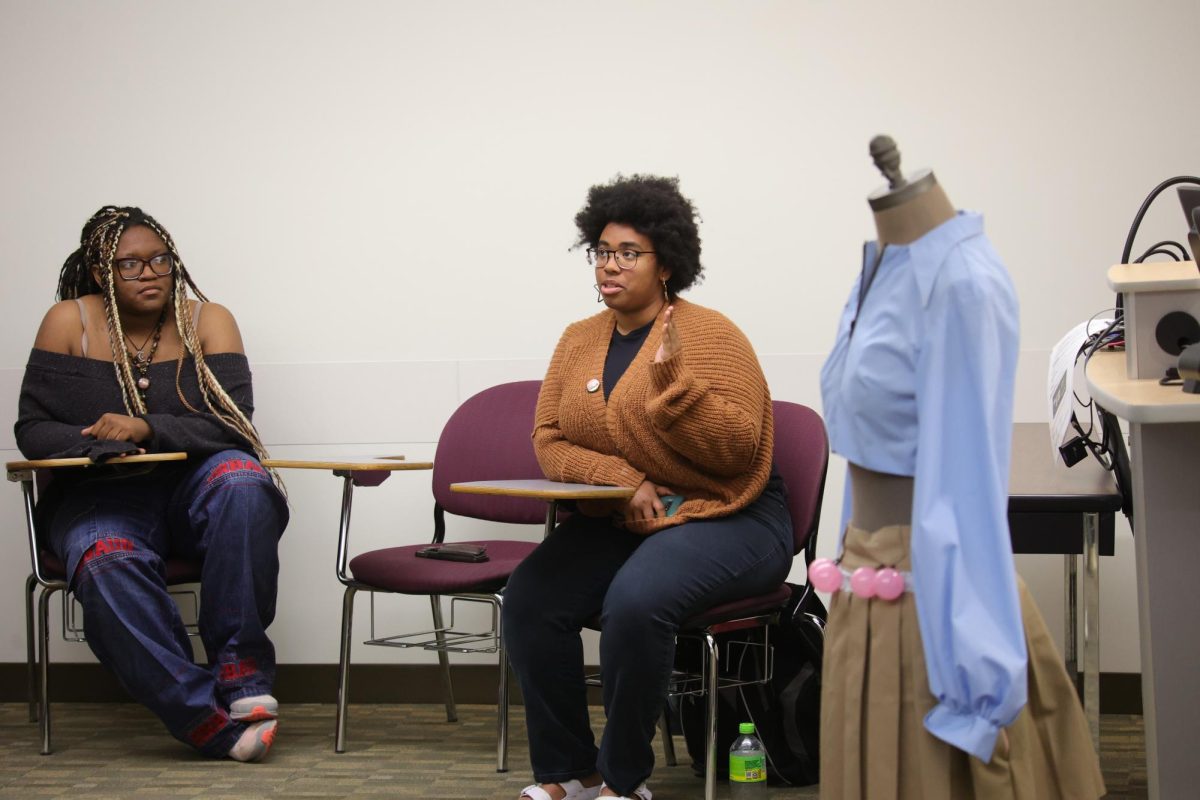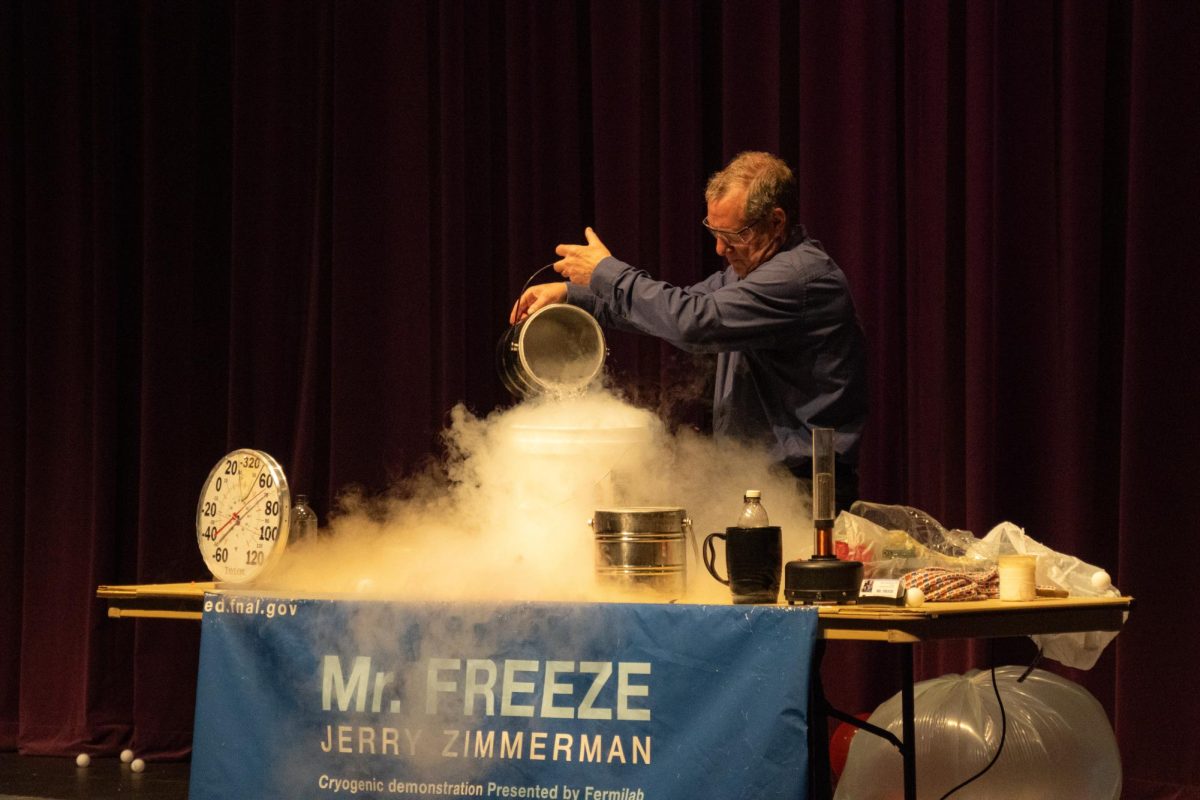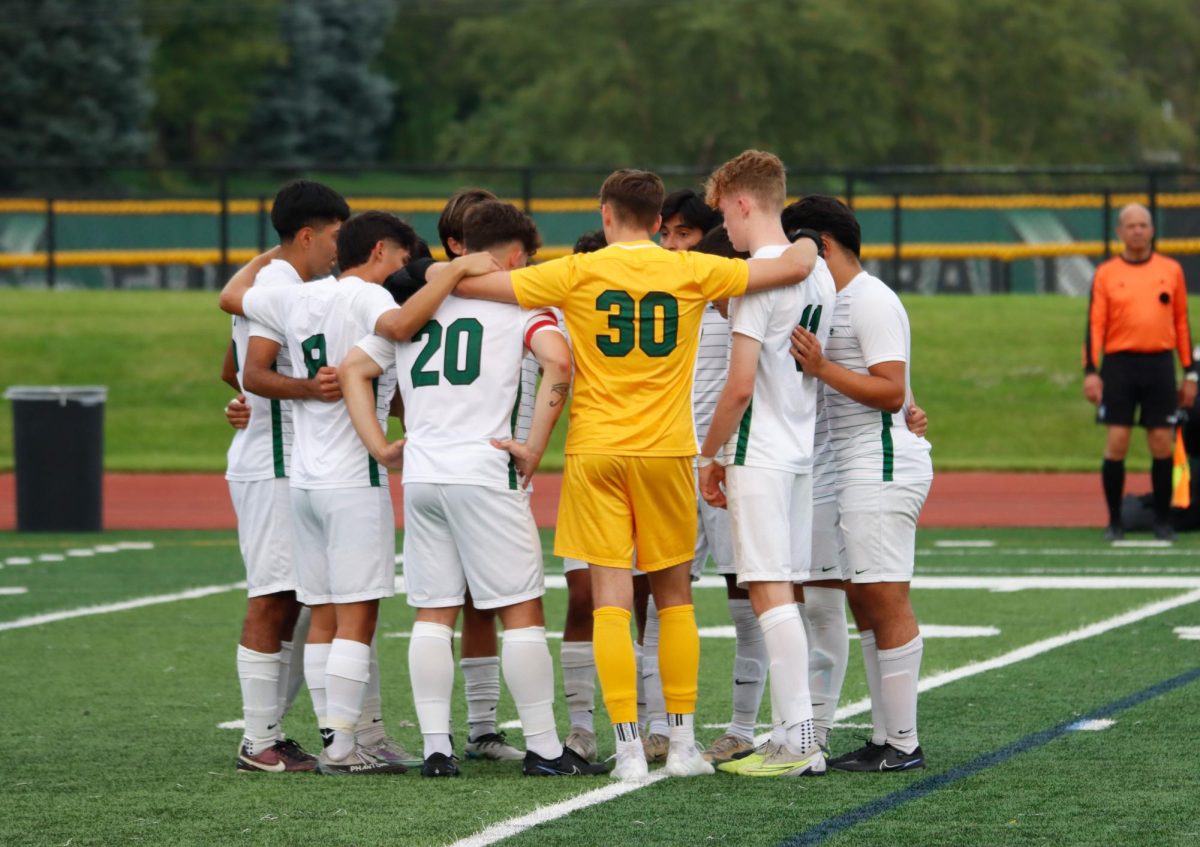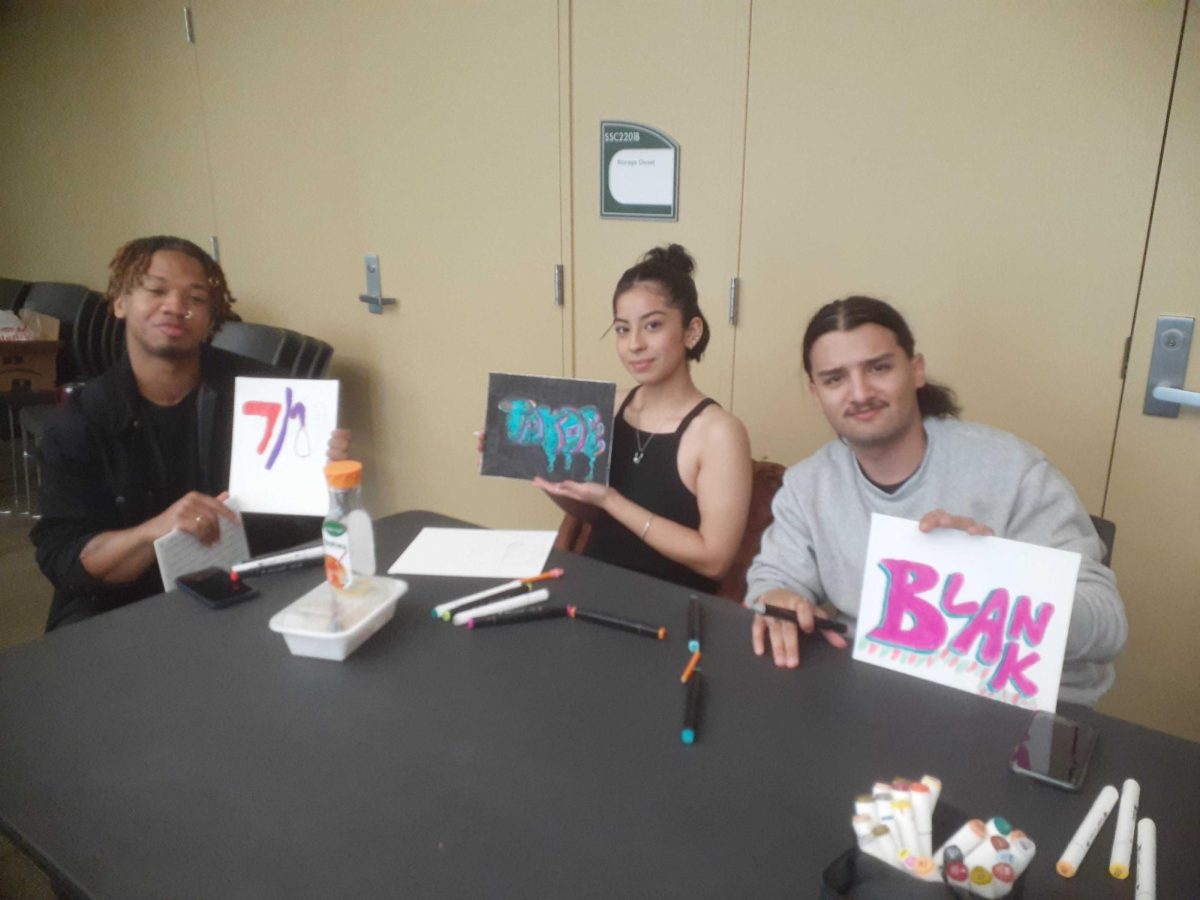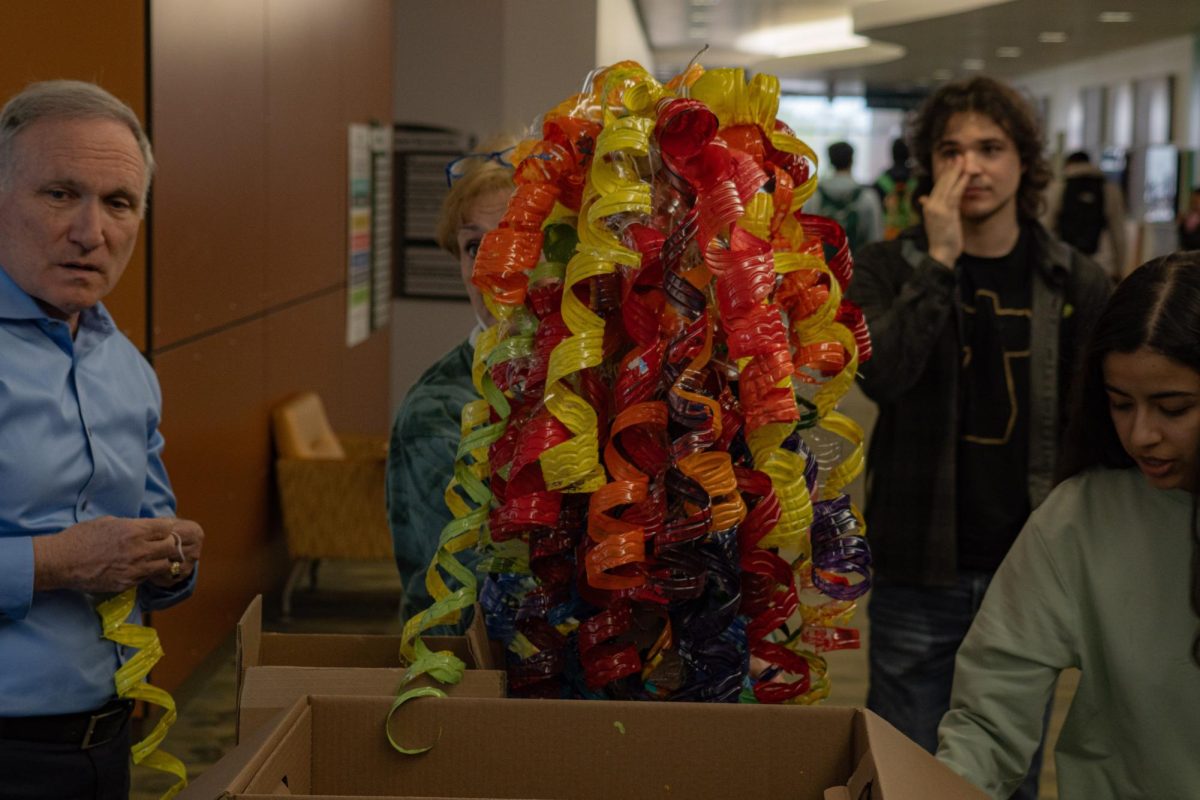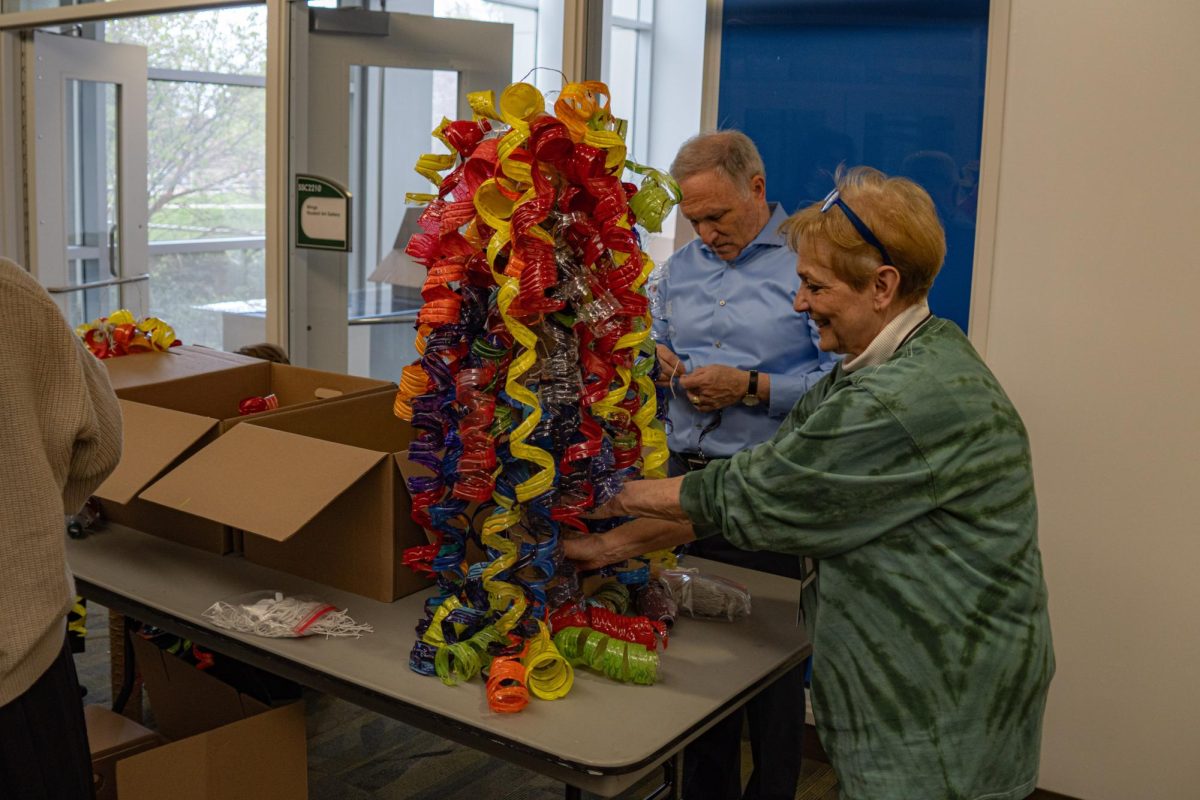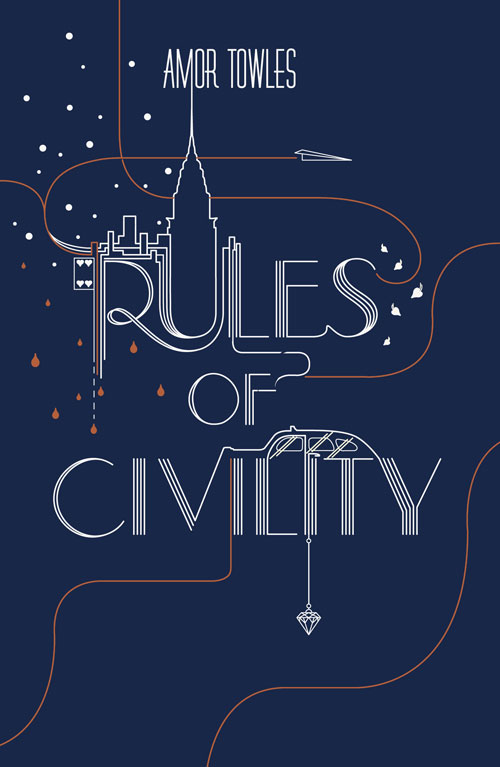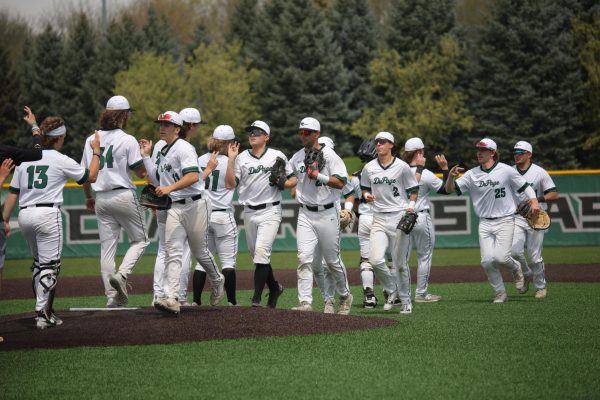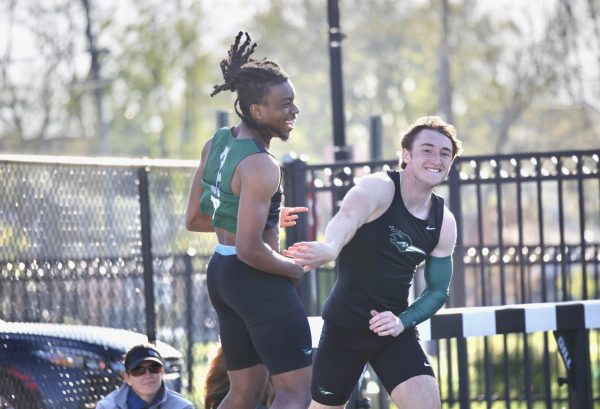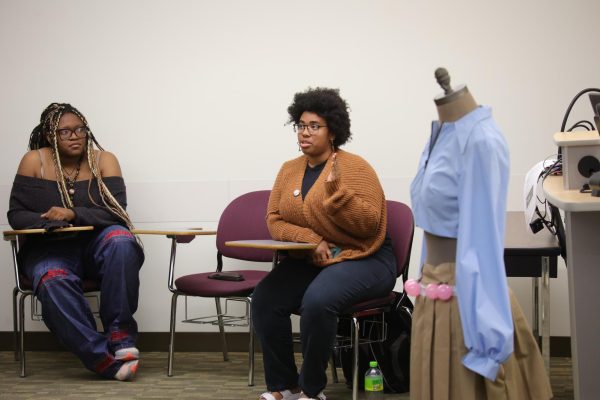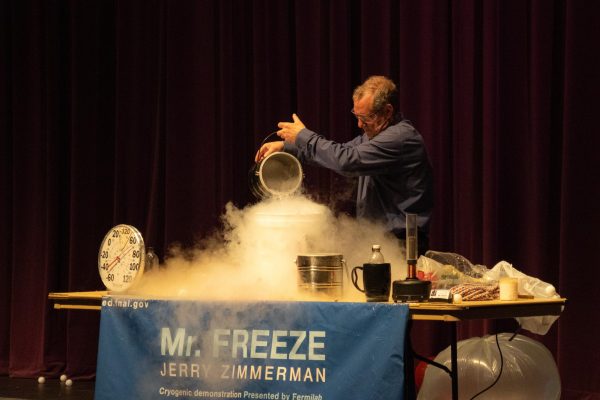A night with Ira Glass: A peek into the mind of host and producer of “This American Life”
March 1, 2017
It was an out-of-body-experience walking down the hall of the MAC and hearing that voice: the warm, oddly-calm yet oddly-extremely passionate voice, which I had heard so many times before through the speakers of my car. It felt out of place. But, the strangest thing was finally entering the room, and seeing that famous voice connected to an actual person: a shorter man with hair giving him at least two inches, thick-framed black glasses and the most humble smile, finished off in a suit and tie.
It was Ira Glass. The voice and the mind behind “This American Life (TAL),” a non-fiction radio and podcast show with six Peabody Awards (the Pulitzer Prize of broadcast media) to its credit. Listeners know the voice well, hearing it every week teaching and sharing the stories unheard and the information needed.
Glass is not just known for the podcast but for years of working with radio broadcasting, especially with National Public Radio. Glass is a member of the National Radio Hall of Fame. He lived in Chicago for 17 years Now he calls New York home.
Prior to Glass’ talk, several VIP guests were invited for a more intimate question and answer session with the man himself. Glass brought each guest back in time with him, reflecting on his 30 years of journalistic work and reminding us all about TAL’s beginnings, adding, “Our interns now get paid more than we ever did for the first 10 years of the show.”
Due to the crying woman who could not contain herself when meeting Mr. Glass, the others trying to tell him their stories, or just his genuine curiosity with each individual he met, the show was running late, and with only a few seconds to spare, MAC Director Diana Martinez announced, “He’s smart; he’s interesting; he’s curious, and he’s here in Glen Ellyn,” as the Belushi Hall erupted in spirited applause, and out walked this curious man.
Examining the room with a smile, he greeted the crowd in front of a podium, tablet in hand. The night’s topic had no specific goal, no clear expectations besides learning the seven things Glass has learned through his career. But ultimately, Glass was there to do what he does best, do what he’s become known for: telling stories.
“There are more than seven, so I understand if I get to the seventh point and you wanna go,” joked Glass.
1: How to tell a good story.
Glass questioned his own medium of storytelling when discussing how one makes a good story. Are words enough? Can they touch you? Or do you need visuals to truly shake your core and leave a lasting impression?
As Glass shook my hand prior to his event and called me a colleague, I asked, “Why radio? Why podcasts over other forms of storytelling and news?”
“I still think other forms are doing a terrific job, like the New York Times,” said Glass. “But there’s something about a podcast that’s still a novelty. It’s interesting just hearing this voice.”
So when telling the audience how to tell a story and tell it well, he utilized his colleague’s cringe worthy experience of telling her 13-year-old daughter that she looks “so much better” with makeup on.
Abstract illustrations took you through the story, with the mother’s voice in the background explaining in detail how she immediately began thinking of the therapy her daughter would have to go to because of this experience. It kept the audience laughing, engaged, and wanting to know what would happen next.
The journalist in Glass wanted to know more, so he continued to phone the scarred 13-year-old himself and ask her thoughts on the whole event.
“I’m sure it will affect me some time in the future, but I don’t really care,” she said.
With his tablet, Glass mixed music in with these recordings of dialogue along with the interesting illustrations.
Through the little screen in his hands, he was like an artist and a DJ in his own realm, with his own form of art mixing in front of us. It had the very recognizable music from TAL, different voices and different visuals in front of our eyes. The simple placement of music and the choices he made left the audience with a raw peek into his genius.
After the first point, which was quite straightforward, Glass took humorously to his next points: “How to interview kids” and “What I learned from musicals.”
There was no moment longer than a minute where the audience was not roaring with laughter. The entire night never felt like a lecture or a talk, it felt like a discussion and an entertaining night with a friend who is just very, very good at telling various stories.
Breaking this wall of presenter and audience member, Glass got personal. Strangely, he did this on the topic of musicals, which he is a huge fan of and has even worked on. “Fiddler on the Roof” was one of his mother’s and his favorite shows. He told the audience about how recently, he completely broke down when watching the show on Broadway. And from that beginning of his mother showing him musicals and carrying out the love through his life, he learned that the ending of the story is the most powerful, especially when it is sad. This format mirrors how he sees “Fiddler on the Roof,” and he uses this format in his own work with TAL. Jokingly, he comments on how he is just writing a bunch of musicals.
With each point Glass made, there was some sort of evidence behind it, as any good journalist would do. Telling you about interviewing a child? Here’s him interviewing a child. Musicals? Well, here’s a musical he worked on with Lin-Manuel Miranda.
But the part that stood out the most, which I learned the most from, was how effortlessly Glass lets his curiosity guide him through his work. This was especially apparent in clips where he is openly interviewing someone. He doesn’t ask anything extraordinary, he asks simple things that in turn receive a response with depth. He is not afraid to ask any question, to make any comment, he retained that when interacting with the audience. But he seeks out the truth in things, he also seeks out the humor and those things people wonder. It’s these basics that he holds so much strength with that truly made the night one worth learning from.


